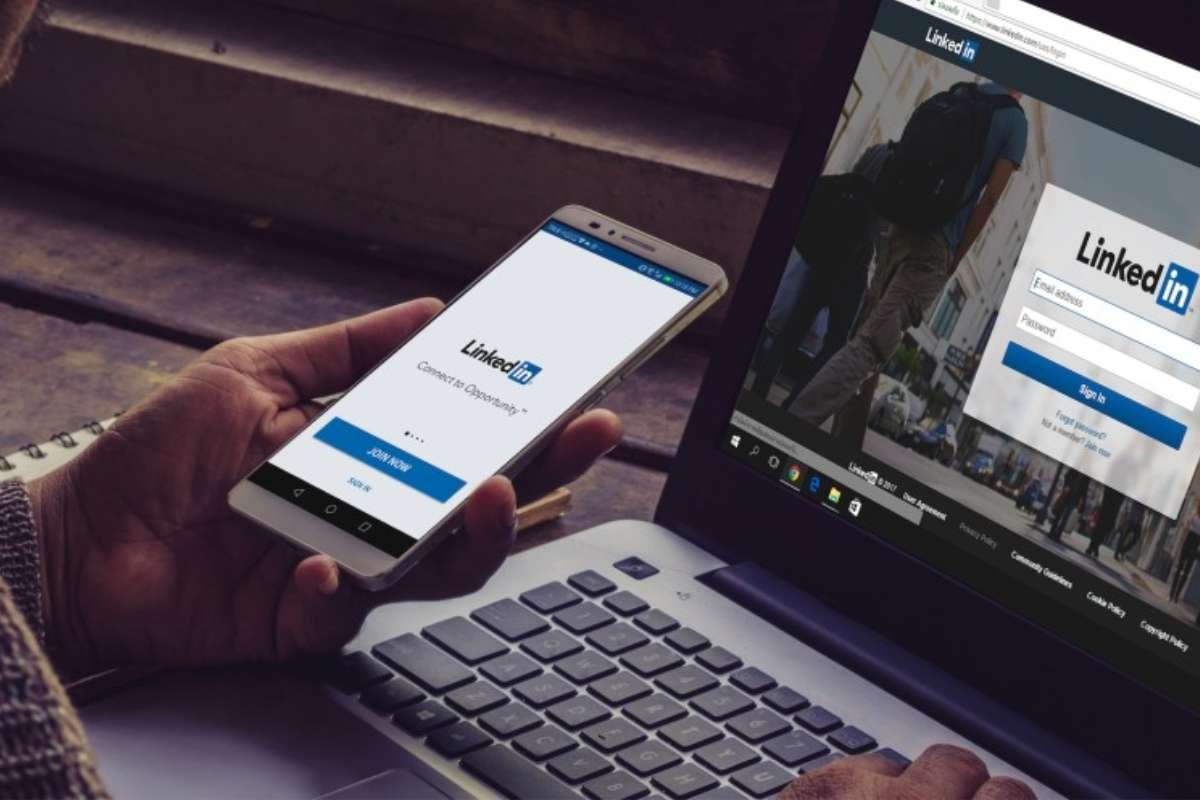Most people strive to provide themselves and their families with a roof over their heads. Unfortunately, that’s rarely possible if you only have savings, which are probably not enough to buy your dream home. Luckily, there are other ways to do this.
Certainly, the most popular (and the most common) way to buy real estate is refinancing a mortgage. These are long-term financial arrangements that are generally affordable, bearing in mind that you’ll repay this debt over several decades. Also, lenders work with you to find the most favorable arrangement adapted to your needs and finances.
When you’re a first-time home buyer with a mortgage, you’re probably not quite familiar with this option. Thus, you can accept a seemingly good offer that can easily become a torment later. Or maybe you’ve decided on a variable interest rate hoping the APR will drop eventually, but the exact opposite is happening. So now your monthly payment threatens to skyrocket.
If these situations endanger your finances, it’s about time to consider refinancing your mortgage. Also, you can think about refi when you have enough home equity to cash in because, that way, you can refinance the existing mortgage and plus, get extra money. You can do that in two ways – cash-out refinance and rate-and-term loans. These are both secured types of refinance loans, as you use your house as collateral.
As seen on the following page, a second mortgage should be distinguished from these forms of refinancing, although this loan also uses your house as collateral:
1. What Is Cash-Out Loan?
Most borrowers will choose cash-out refi because extra cash always comes in handy for paying bills or shopping. With this loan, you basically switch one mortgage for another, and with the new loan, you’ll be left with some cash to spend any way you want.
For the purposes of a cash-out loan, the equity of your home will serve as collateral. Simply put, equity is the value of your property that you’ve already paid off with your existing mortgage. The repaid ‘portion’ of your real estate is completely yours, so you can use it as a guarantee for another loan without any problems.

Depending on market trends and after how long you have decided to cash in your equity, it may be more valuable than when you took out the initial mortgage. Some factors that contribute to this are the global rise in real estate prices and the upgrades you have made, which both have contributed to the increase in your houses’ market value.
2. Benefits of Cash-In Refinance
Maybe cash-out refinancing sounds great, but you should hold your horses for a while. Although handy, this loan isn’t always the best solution. That’s why you should carefully consider the conditions under which you can refinance a mortgage in this way. Certainly, there are favorable moments to refinance and enjoy all the benefits of a cash-out loan.
For starters, refinansiering med sikkerhet i bolig is a good choice only when interest rates are low. Then, this way of borrowing money can be very affordable, even though the repayment period may be extended.
Plus, if you succeed in getting an arrangement with a fixed interest rate, the APR increase or decrease won’t affect your installments. All payments will be predictable and stable over the loan lifetime.
Another benefit of a cash-out loan is that you can use the difference that remains after paying off the initial mortgage for various purposes. Of course, it’s best to use this money to pay off old loans and credit cards, but you’re not limited to that. In fact, this extra cash comes in handy for paying for college, going on vacation, and even buying a new car.
Of course, if you don’t need this extra money, you’re not obliged to take it. Thus, you’ll avoid paying interest on something you don’t need urgently. You’ve replaced the existing mortgage with a more favorable one, and that’s more than enough. The lower interest rates you agreed with this new loan mean smaller monthly installments and represent a considerable relief for your budget.
3. Standard Refinancing
If you don’t want to cash in your home equity, rate-and-term refi is an acceptable solution. It means that the initial conditions of your mortgage would be changed, but you won’t get any extra cash. So, the interest and the overall costs of the remaining debt would be lower, or the repayment period would be shorter.
If your financial situation is troublesome, you can start your mortgage all over with this refinancing loan. That means you’d take out another 30-year loan but under more favorable conditions. And if you succeed to find and get a low-interest offer, you can significantly cut your monthly installment.

Even if a new installment isn’t lower than the initial one, shorter loan tenure means paying less interest. That’s a viable solution to get rid of this debt if your overall financial situation just gets better, so now you can afford faster mortgage repayment.
In the best case, refinancing the mortgage cuts the repayment period; for example, from 30 to 15 years. And at the same time, it offers lower installments. That means you’ll pay fewer installments, so you can save a considerable amount for the loan lifetime.
4. Is Rate-And-Term Better than Cash-Out Loan
As for the conditions to get the standard refi loan, they’re less strict than cash-out loans, especially when you apply with the same lender. It means you can get approved for refinancing at low-interest rates, even with a low credit score.
Rate-and-term refi is an excellent option when you just want to take the financial burden off your back but don’t need extra cash. For instance, you can opt for it when adjustable interest on your mortgage is on the rise, so it increases the installment. Then, you might try to replace the existing mortgage with the new one, possibly with fixed interest.
On the other hand, cash-out refi is handy but not always favorable. You don’t choose them when you want to take advantage of the favorable moment on the market but when you need money to pay debts, finance tuition, renovate your home, etc.
Despite being secured with home equity, these loans are riskier for lenders. They’re usually larger than standard refi but with shorter repayment terms. Because of that, lenders worry about the borrower’s ability to repay this new debt. Thus, they offer higher interest on cash-out loans.
Also, this type of refinancing is usually reserved for borrowers with a high credit score and above-average income. According to lenders, these people are less likely to default on loan refinancing. But you can take out this refi if your income is average. You might be lucky enough to run into a favorable deal and a lender willing to work with you (but your credit score must be good).
5. How to Apply for Refinancing?
After you’ve thoroughly examined all the options, you’ve decided on the refinancing method that suits you best. To start with, you should find lenders that offer standard or cash-out refi, and check the conditions under which it’s possible to get these loans.
Today, lenders mostly operate online, so you can apply for refinancing in just a few clicks. Of course, it’s always possible to do it in person, by going to a lender’s brick-and-mortar branch. In both cases, it’s necessary to fill out the form and provide the required documents.

The lender will need information about your income, employment, and current mortgage status, as well as information from your bank for the previous period. These are necessary to check the cash flow and the current state of your finances, that is, whether you can afford to refinance under different conditions.
So, prepare your last W2s, pay stubs, bank statements for all accounts you have, and personal ID. If your spouse is a loan co-signer, they should provide the same papers. Depending on the lender, they may need additional information about your income source, so they may ask for a letter from your employer or your business documents (for self-employed).
After a credit check, lenders determine if you’re eligible to take out a refi loan. They’ll send you an offer, so make everything clear before signing. Also, it’s good to know you can discuss interest lock and discount points if your credit score is stellar. For more info on these perks, click here.
It’s always good to have options, especially when it comes to your finances. Switching the existing mortgage for a more favorable one is possible, but you shouldn’t do that if you just need money. There are better ways to get fast cash, so refinancing should be your choice only when the moment is favorable.
Know More On Refinancing: Things to Consider Before Refinansiering Your Home Loan





